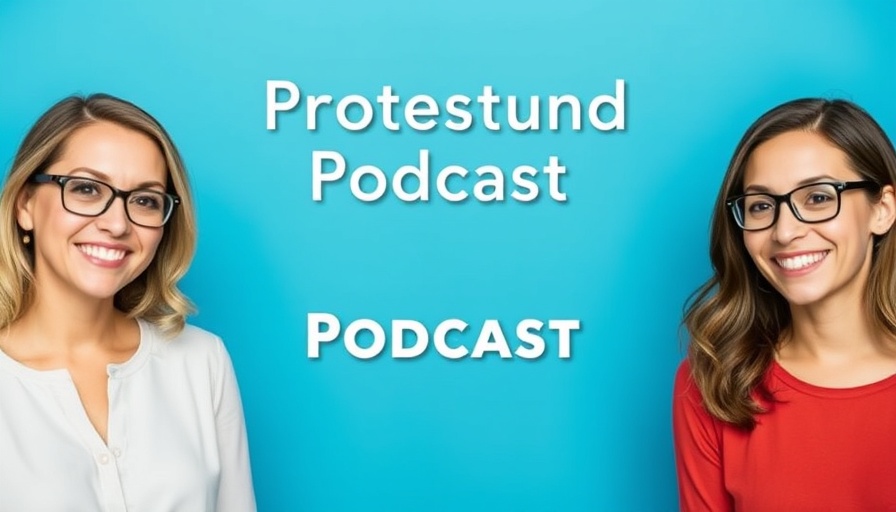
Embracing Neurodiversity in New Year's Resolutions
As 2025 approaches, many of us are considering our New Year's resolutions. However, for individuals who embrace neurodiversity—those whose cognitive functioning includes ADHD, autism, dyslexia, and other variations—traditional self-improvement goals can feel daunting. It's essential to create resolutions that not only support mental well-being but also celebrate the unique strengths that come with neurodiverse minds.
Recognizing Unique Strengths
Neurodiversity highlights the strengths and talents individuals possess through their different brain wiring. For instance, many people with ADHD are known for their creativity and ability to think outside the box. By framing resolutions around these strengths, individuals can set themselves up for a more rewarding year. For example, consider goals tied to creative pursuits or innovative projects instead of traditional benchmarks like losing weight or completing daily chores.
Practical Strategies for Success
Implementing neurodiversity-friendly resolutions involves utilizing practical strategies tailored to individual needs. One example could be breaking goals into smaller, manageable tasks. By creating a task list that is visually organized or color-coded, it becomes easier for someone with ADHD or autism to track progress, making the overall goal less overwhelming.
Building a Supportive Environment
A strong support system is crucial for achieving any resolution. Teachers and education leaders play a significant role in fostering an inclusive environment for neurodiverse individuals. By encouraging open communication and collaboration, educators can create a culture where everyone feels valued and empowered to share their goals. Joining groups or finding mentors who understand neurodiversity can also be beneficial; they can offer insights and encouragement throughout the year.
Understanding Potential Challenges
While setting resolutions, it's vital to recognize the potential challenges neurodiverse individuals face. If a goal feels unattainable, it can lead to frustration or disappointment. Instead, it’s important to practice self-compassion and to reevaluate resolutions as needed. Making adjustments or even deciding to abandon a particular goal doesn't equate to failure; rather, it's a necessary part of this personalized journey.
Inspiration from Others
Hearing success stories from fellow neurodiverse individuals can be incredibly inspiring. For instance, an educator might share their resolution to integrate more hands-on learning in their classroom—and how this approach not only benefitted their neurodiverse students but also enhanced the overall learning experience for everyone. These narratives help to foster a shared sense of achievement and motivate others to adopt similar resolutions that are inclusive and attainable.
Make 2025 Your Year!
This New Year, embrace a set of resolutions that align with your unique strengths and challenges. Explore what works for you and remember, setting yourself up for success involves understanding and accepting your neurodiverse traits. Whether it’s pursuing a passion project, engaging more with your community, or advocating for inclusive practices in education, there are multitude of paths to choose from. Let 2025 be the year you celebrate and empower your neurodiversity.
 Add Row
Add Row  Add
Add 




 Add Row
Add Row  Add
Add 

Write A Comment